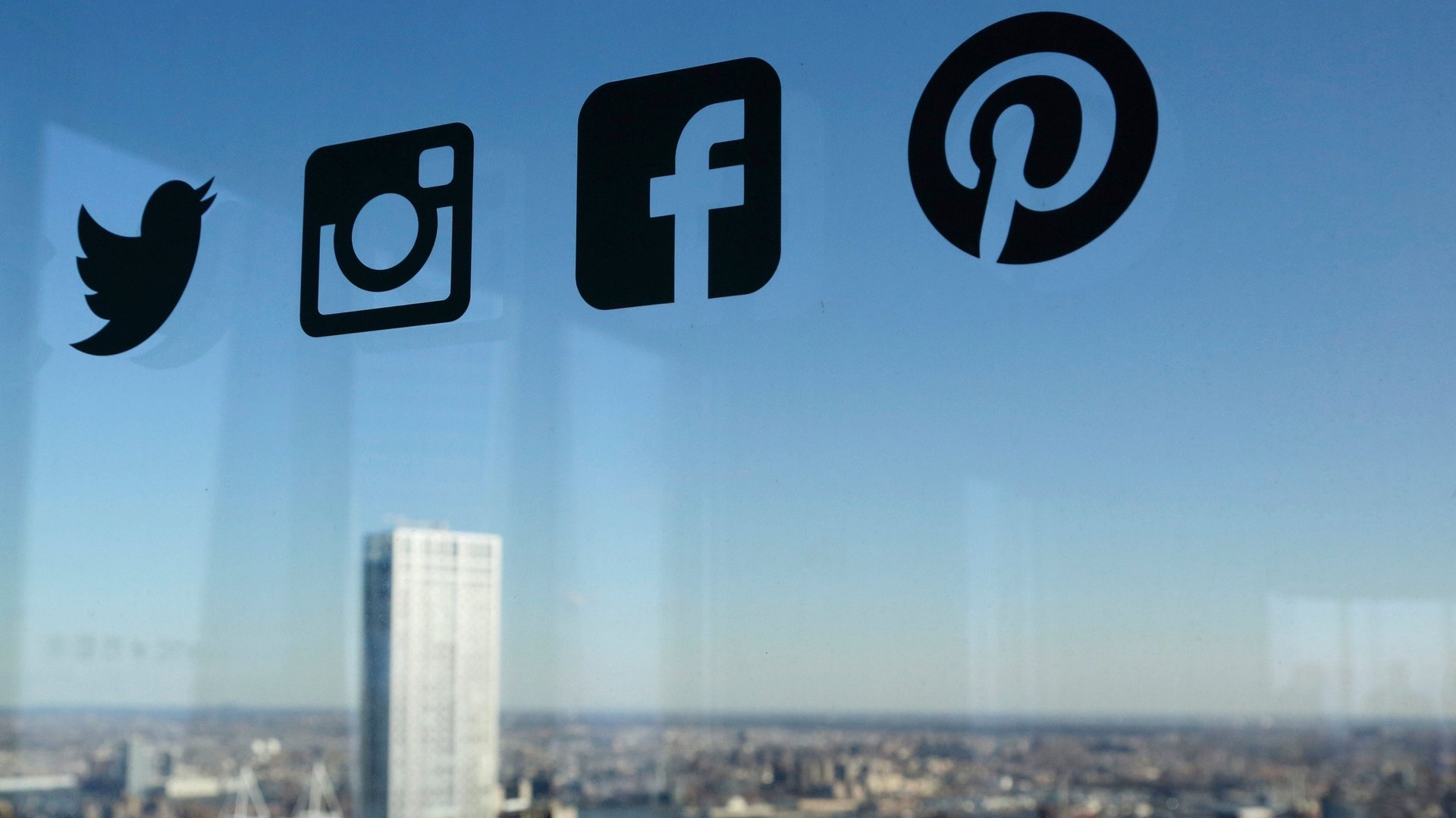Pinterest is distancing itself from social networks as it goes public
Pinterest wants you to think of it as a “place for inspiration” rather than as a social network.


Pinterest wants you to think of it as a “place for inspiration” rather than as a social network.
As it prepares to go public under the ticker PINS after filing its S-1 to the Securities Exchange Commission today (March 22), Pinterest said it would rather not be seen as a place like Facebook or Twitter.
The cold shoulder makes sense: Sites that algorithmically serve up content—Facebook, YouTube, Google, Instagram, and Twitter—remain under fire for their inability to moderate the environments on their own platforms.
Pinterest wants to be something different. It wants to turn investors away from thinking it is a place where people get dodgy health advice to somewhere that users can “discover ideas for just about anything you can imagine,” according to the SEC filing.
“Visualizing the future helps bring it to life. In this way, Pinterest is unique,” the filing reads. “Most consumer internet companies are either tools (search, ecommerce) or media (newsfeeds, video, social networks). Pinterest is not a pure media channel, nor is it a pure utility.”
Pinterest also aims to set itself apart when pitching its value to advertisers: “In the United States, more people use Pinterest to find or shop for products than on social networks,” the filing says.
It’s difficult for Pinterest to separate itself too much. The mechanics of its platform means it faces the risk of users uploading misleading information and have it circulate until Pinterest is alerted and takes action.
Here’s how the company’s filing breaks that down:
Our brand and reputation may also be negatively affected by the content or actions of Pinners that are deemed to be hostile or inappropriate to other Pinners, by the actions of Pinners acting under false or inauthentic identities, by the use of our products or services to disseminate information that is deemed to be misleading, or by the use of our service for illicit, illegal or objectionable ends.
Another downside Pinterest describes goes beyond manipulation of its platform: Users might who feel they are spending too much time on their phones and laptops may want to spend less time on their phones and laptops, and as a result spend less time on Pinterest.
The phrase “time well spent” has been co-opted by Facebook to assuage fears that younger folks were spending an unhealthy amount of time on its products. Pinterest doesn’t insert directly itself in the “time well spent” debate, merely saying that this has been a challenge for the industry. “These concerns, whether actual or unfounded, may also deter Pinners or advertisers from using our service,” the company writes.